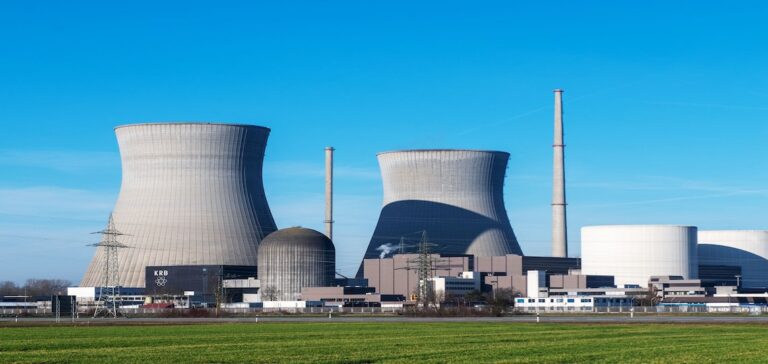MoltexFLEX, the British developer of advanced nuclear technologies, obtains a government grant. It amounts to £1.3 million (about US$1.65 million). The company was able to obtain this funding from the Nuclear Fuel Fund (NFF) to accelerate the development of fuel for its innovative FLEX reactor.
NFF grant: MoltexFLEX Reinvents Uranium with the FLEX Reactor
The NFF grant will enable MoltexFLEX to develop large-scale commercial production of its low-enriched uranium fuel. This promising technology aims to consolidate the UK’s position as a leader in the global nuclear sector.
MoltexFLEX is working on a low-cost, passively safe FLEX reactor. They are also developing an energy storage technology called GridReserve. These innovations aim to provide flexible energy that complements intermittent renewable energy sources such as wind and solar power.
Between Government Support and MoltexFLEX Advances, a Promising Commercialization
The NFF grant is an important sign of the UK government’s support for advanced modular reactors. It will enable MoltexFLEX to make significant progress in the commercialization of fuel fabrication for the FLEX reactor. The company also plans to strengthen its team by hiring several hundred employees over the coming years.
It should be noted that MoltexFLEX already received funding from the Henry Royce Institute in January. What’s more, they were among the winners of the Green Builders of Tomorrow, a competition supported by the Department of International Trade. This external recognition testifies to the company’s progress in the field of advanced nuclear energy.
MoltexFLEX Aims to Revolutionize Nuclear Energy with Major Development
The development of MoltexFLEX’s FLEX reactor is a major initiative. They are working with potential partners to deploy the first reactor in the UK by the end of the decade. What’s more, they’re looking to engage potential customers on a global scale. All this is part of the UK’s nuclear renaissance initiatives.
The NFF grant is a major incentive for MoltexFLEX. This grant supports their ambition to contribute to the advancement of nuclear technologies. It also aims to provide clean, reliable energy to meet the energy challenges of the future.






















